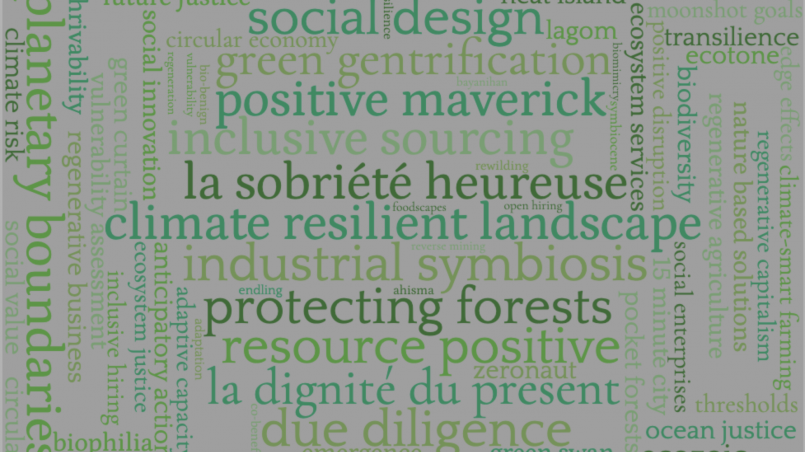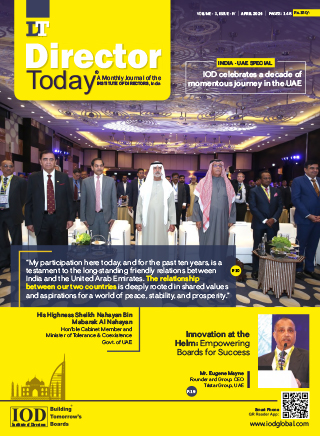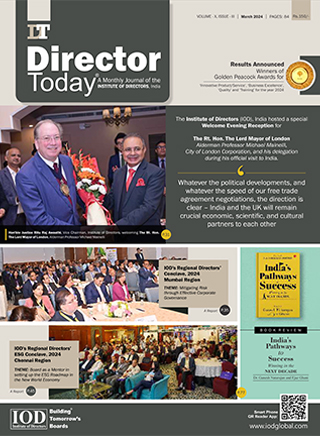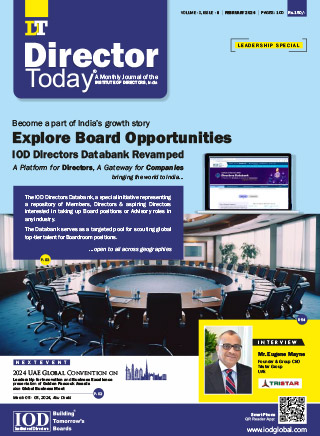This week, we launched The Lexicon of Change at The Nature of Cities Conference. The Lexicon introduces words, paradigms, and concepts for building regenerative, resilient, and sustainable systems. We are co-creating a dictionary of terms, definitions, and examples for a more regenerative future.
To address our global challenges, we need new ways of thinking and acting. The Lexicon of Change includes emergent language, with paradigms and concepts distilled from over 100 leaders and practitioners, including oceanographers, designers, urban planners, scientists, economists, academics, artists, and more.
The Lexicon contains key words intended for transformational thinking. Our vision is to capture and co-create emerging language around many themes around the UN Global Goals, including innovation, sustainable cities, gender equality, and more.
We are pleased to feature words and concepts from an array of languages, including Swedish, Tagalog, French, and Portuguese. These words demonstrate values that may not exist in the English language and our narrative thus far.
Please share with us words that inspire you, that elucidate thoughts and new paradigms. These words are intended as a call to action. We also welcome additional definitions and examples. My vision is that that the Lexicon is multi-media and contains many forms of expression to reach as many people as possible.
How will we adapt to a changing climate? We will need to adapt using paradigms towards regeneration, resilience and restoration. In order to create a more regenerative future, we need to understand what it means to be regenerative.
What is a regenerative business?
At its core, a regenerative business restores and replenishes what it has used or discarded. According to Amy Hall of EILEEN FISHER who has developed regenerative systems for the clothing company, “regenerative” refers to business that approaches its work in an “additive and holistic manner. A regenerative business looks at its inputs and outputs as a living system.” Regenerative businesses have a commitment to both social and environmental regeneration. Amy Hall has developed key questions for business about the path towards more regenerative operations:
- Does it use renewable energy and even better does it produce more energy than it needs? (Is it resource positive?)
- Does it capture and reuse its own waste?
- Does it pay a living wage to its direct employees and supply chain in order for everyone to thrive?
- Does it promote employee well-being for personal renewal?
Like the beehive, regenerative systems thrive on connectivity and balance. They adapt and respond to change. Regenerative businesses create systems which generate co-benefits for stakeholders.
What is our vision for a different future? Words provide maps toward a more regenerative and resilient world.
 Payment
Payment
 Connect Us
Connect Us


























